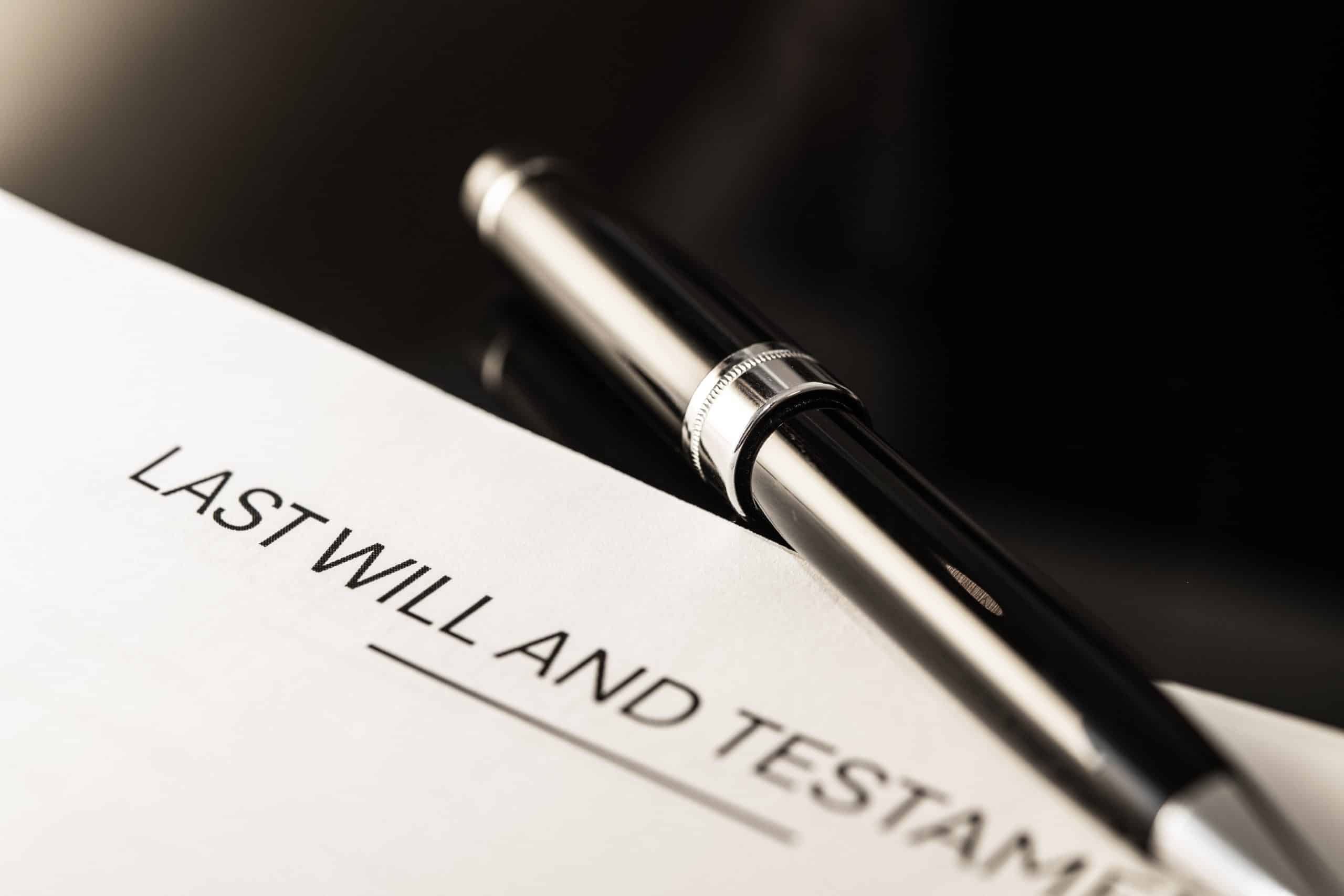Planning for the future can be daunting, but taking steps to secure your legacy and protect your loved ones is essential. Wills, estate planning, and lasting powers of attorney (LPAs) are vital tools to ensure your wishes are respected and your assets are managed effectively. In this article, we look at the basics to ensure you know how to best get your affairs in order.
Why Having a Will Is Essential
A Will is a legal document that sets out your wishes regarding the distribution of your estate after your death. Despite its importance, nearly 60% of UK adults do not have a Will. Here are the key reasons why having one is crucial:
• Avoiding Intestacy Rules: Without a Will, your estate is distributed according to the laws of intestacy, which may not reflect your personal wishes. For example, unmarried partners and stepchildren may not automatically inherit anything.
• Protecting Your Family: A Will allows you to name guardians for minor children, ensuring they are cared for by people you trust.
• Reducing Family Disputes: Clearly stating your intentions can help prevent disagreements among family members.
• Tax Efficiency: Careful planning in your Will can minimise inheritance tax liabilities, leaving more for your beneficiaries.
What Is Estate Planning?
Estate planning goes beyond writing a Will. It involves a comprehensive review of your assets and creating strategies to manage them during your lifetime and after your death. Key elements of estate planning include:
• Inheritance Tax Planning: With the current inheritance tax threshold in the UK set at £325,000 (as of 2025), estate planning can help you utilise exemptions and reliefs to reduce tax liabilities.
• Trusts: Setting up trusts can protect assets for future generations or provide for vulnerable beneficiaries.
• Property Ownership: Deciding how property is owned—joint tenancy or tenancy in common—can impact how it is passed on.
• Charitable Giving: Including charitable donations in your estate plan can reduce inheritance tax and support causes you care about.
The Role of Lasting Powers of Attorney
An LPA is a legal document that allows you to appoint someone you trust to make decisions on your behalf if you lose mental capacity. There are two types of LPAs in the UK:
Property and Financial Affairs LPA: This allows your attorney to manage your finances, such as paying bills, managing investments, or selling property.
Health and Welfare LPA: This enables your attorney to make decisions about your medical care, living arrangements, and even life-sustaining treatment.
LPAs are essential because:
• Ensuring Control: They give you control over who manages your affairs if you are unable to do so.
• Avoiding Court Applications: Without an LPA, loved ones may need to apply to the Court of Protection for a deputyship, which is costly and time-consuming.
• Peace of Mind: Knowing someone you trust is in charge of your affairs provides reassurance for you and your family.
Common Misconceptions
• “I’m Too Young for Estate Planning”: Unexpected events can happen at any age. It’s never too early to start planning.
• “My Family Will Know What to Do”: Verbal wishes are not legally binding. Only a written Will or LPA can ensure your intentions are followed.
• “I Don’t Have Enough Assets to Worry About”: Even modest estates can benefit from careful planning to avoid complications and unnecessary costs.
Getting Started
Taking the first step can be the hardest, but it’s also the most important. Here’s how to begin:
1. Consult a Professional: Seek advice from a solicitor to ensure your documents are legally sound and tailored to your circumstances. Whilst there are plenty of ‘DIY Will’ kits, it is best to ensure your estate is handled by a professional.
2. Assess Your Assets: List your property, savings, investments, and personal belongings to understand what your estate comprises.
3. Consider Your Wishes: Think about who you want to inherit your assets, who should act as guardians, and who you trust to make decisions on your behalf.
4. Regularly Review: Update your Will and estate plan whenever your circumstances change, such as after marriage, divorce, or the birth of a child.
How Can We Help
Wills, estate planning, and lasting powers of attorney are essential in responsible financial and personal planning. They provide clarity, reduce stress for loved ones, and ensure your wishes are respected. Book an appointment with us today so you can secure your legacy and protect those who matter most.




